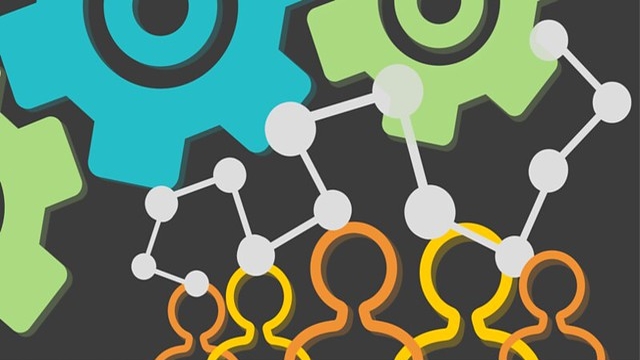
The policy implications of using big data in healthcare
Originally posted on The Horizons Tracker.
The growing importance of big data in healthcare is something I’ve touched on a lot in the last few months. It should perhaps come as no surprise therefore, that the European Commission have recently released a paper that examines the issue in depth, including the key areas it is being used, and some of the policy implications involved.
The paper looked at a number of solutions in key policy areas, including:
- supporting the sustainability of health systems
- improving the quality and effectiveness of treatment
- combating chronic disease
- supporting healthy lifestyles.
One of the more well known examples analyzed by the researchers was the E-Estonia national identity scheme, which includes within its remit a digital patient record.
“The backbone of all Estonian e-services including the e-health services is the so called X-Road. It is an environment which allows the nation’s various e-services databases, both in the public and private sector, to link up and operate in harmony. Thus, it is not a centralized national database, but retrieves data from various providers using different systems, and presents it in a standardized format. As a consequence, there is no single owner or controller, and every government agency or business is free to choose an IT solution which fits their requirements best,” the authors say.
The paper goes on to provide an analysis of a number of interesting projects from across Europe, including what they aim to do, and the implications of their project for officials.
Policy implications
This then feeds into an exploration of the policy implications of big data in healthcare. The paper breaks this analysis down into twelve distinct policy areas:
- Legal aspects, including privacy and data ownership
- Stakeholders, and their roles and responsibilities in this field
- Privacy and data protection, especially around systems to encourage good data governance
- Open data and data sharing, and the need for international guidelines to promote open data
- Standards and protocols, to ensure the interoperability of data sources
- Technological development, especially in areas such as data collection and storage
- Data sources, and specifically the need for legacy systems to work smoothly with newer forms of data, such as mobile and genomics
- Data analysis, and the need for both new analysis methods to be used, such as machine learning, but also to ensure those methods are ethical and appropriate
- Applications, as above, it’s important that big data applications don’t weld in biases or use poor quality data
- Communication, should include informing the public both of the benefits of big data, but also their legal rights
- Human capital, especially in terms of improving the data science capabilities across the health ecosystem
- Funding, needs to be funneled towards projects that support the use of open data in healthcare
Policy recommendations
The paper then provides ten distinct policy recommendations to help support this broad agenda.
- Awareness building – “Develop and implement a communication strategy to increase the awareness of the added value of Big Data in Health and encourage a positive public mind set towards Big Data in Health.”
- Skills and training – “Strengthen human capital with respect to the increasing need for a workforce that can utilize the potential of Big Data in Health.”
- Data sources – “Expand existing and explore new sources of Big Data in Health and secure their quality and safety.”
- Data sharing – “Promote open use and sharing of Big Data without compromising patients’ rights to privacy and confidentiality.”
- Use cases – “Target-oriented application of Big Data analysis in health based on the needs and interests of stakeholders including patients.”
- Data analysis – “Identify the potentials of Big Data analysis, improve analytical methods and facilitate the use of new and innovative analytical methods.”
- Data governance – “Implement governance mechanisms to ensure secure and fair access and use of Big Data for research in health.”
- Data standards – “Develop standards for Big Data in Health to enhance and simplify its application and improve interoperability.”
- Funding – “Ensure purposeful investment steered by the European Commission to warrant cost-effectiveness and sustainability.”
- Privacy – “Clarify and align existing legal and privacy regulation of Big Data in Health.”
There is tremendous potential in this area, and despite some pleasing early steps, both in the case studies referenced in the paper, and projects such as the Precision Medicine Initiative in the US, there is still a lot of potential untapped.
Article source: The policy implications of using big data in healthcare.





